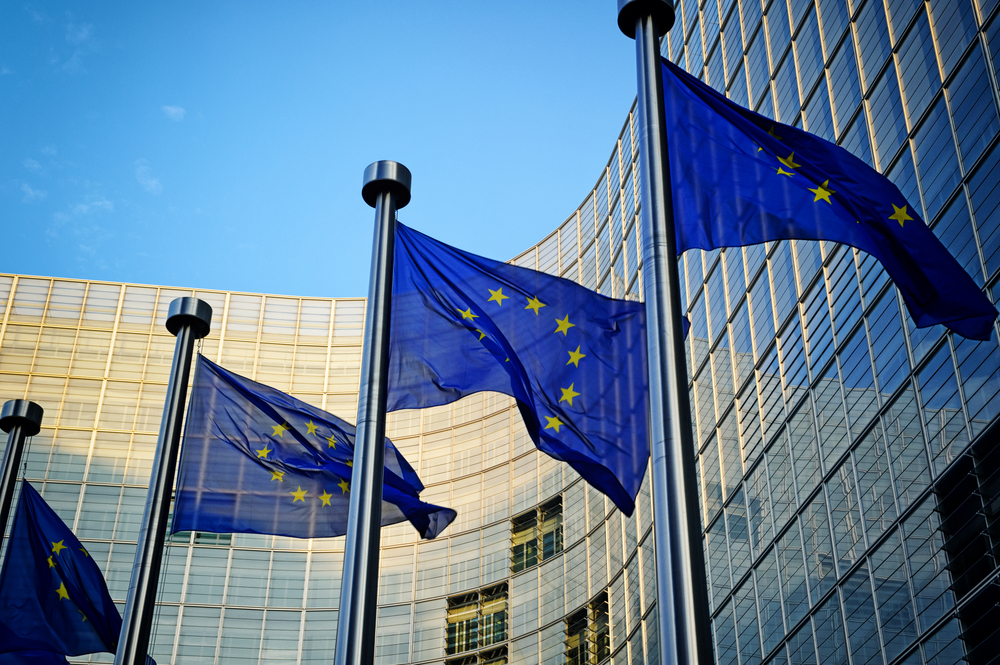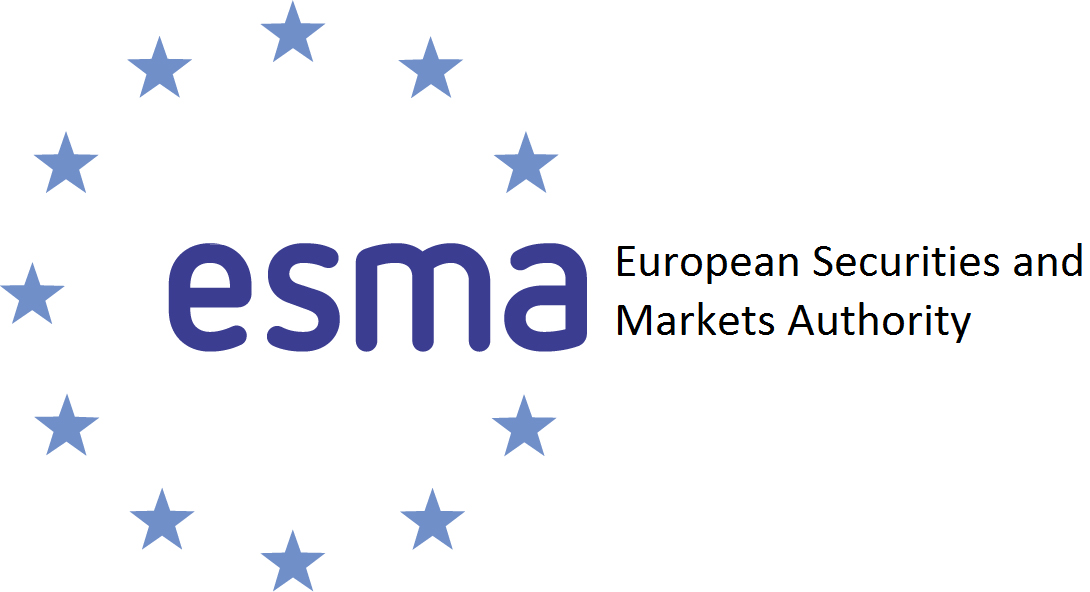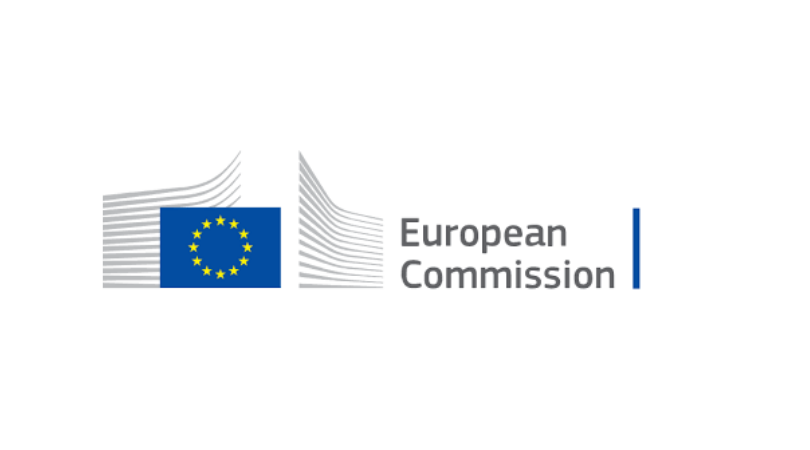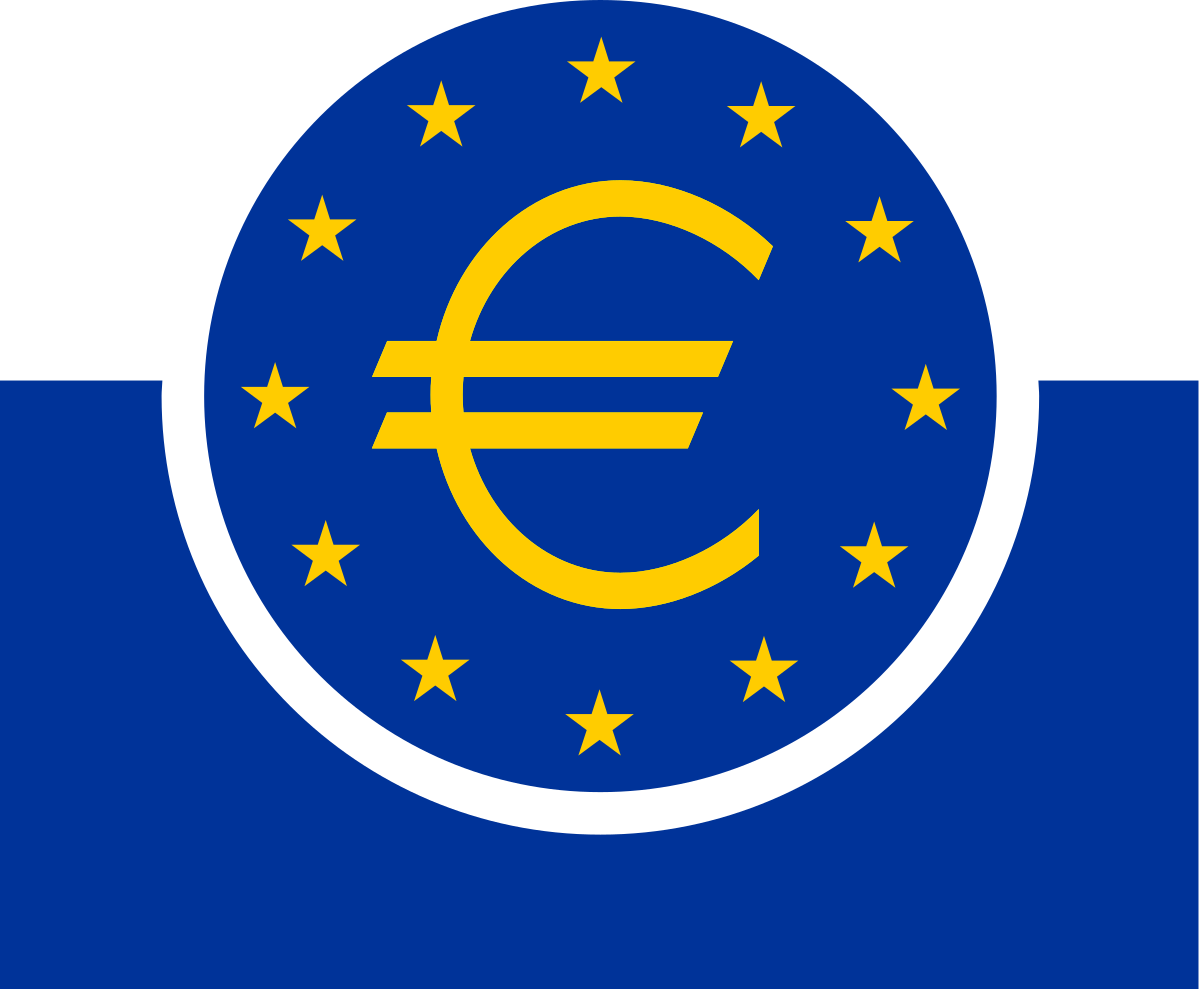The European Securities and Markets Authority (ESMA) has announced plans to form a “governance structure” to support with the technical elements of transitioning to a shorter settlement cycle.
ESMA will co-ordinate closely with European Commission (EC) and the European Central Bank (ECB) on the structure, in collaboration with the European finance industry.
The new group will be established as soon as possible in order to maintain “momentum” for Europe’s transition.
The European Fund and Asset Management Association (EFAMA) welcomed the move, describing a governance structure “as an urgent and necessary step towards delivering a final roadmap for Europe’s transition.”
The release also outlined ESMA’s preliminary findings on the appropriateness of shortening the settlement cycle following a consultation with stakeholders.
The current T+2 cycle requires transactions executed on trading venues in the European Union (EU) to be settled in two business days, but developments abroad risk Europe falling out of step with other markets.
In May, North America transitioned to a T+1 settlement cycle, while the UK self-imposed a deadline of December 2027 for a similar move, sparking fears – which have since been allayed – that the settlement of ETFs would become misaligned in Europe.
Misalignment – seen by some in the industry as a potential “nightmare” – can generate costs for investors, accelerating Europe’s need for shorter settlement, as highlighted by ESMA’s findings.
The release highlighted three preliminary findings, listed below.
First, changing the settlement cycle will alter the functioning of markets, with different stakeholders affected in different ways for different instruments and transaction types.
Second, the margin savings, reduction in risk and decrease in costs linked to misalignment between global jurisdictions are likely to bring “important” benefits.
Third, harmonisation, standardisation and modernisation will be needed. This will require investment.
ESMA will deliver its final report to the Council and European Parliament in the coming months.






